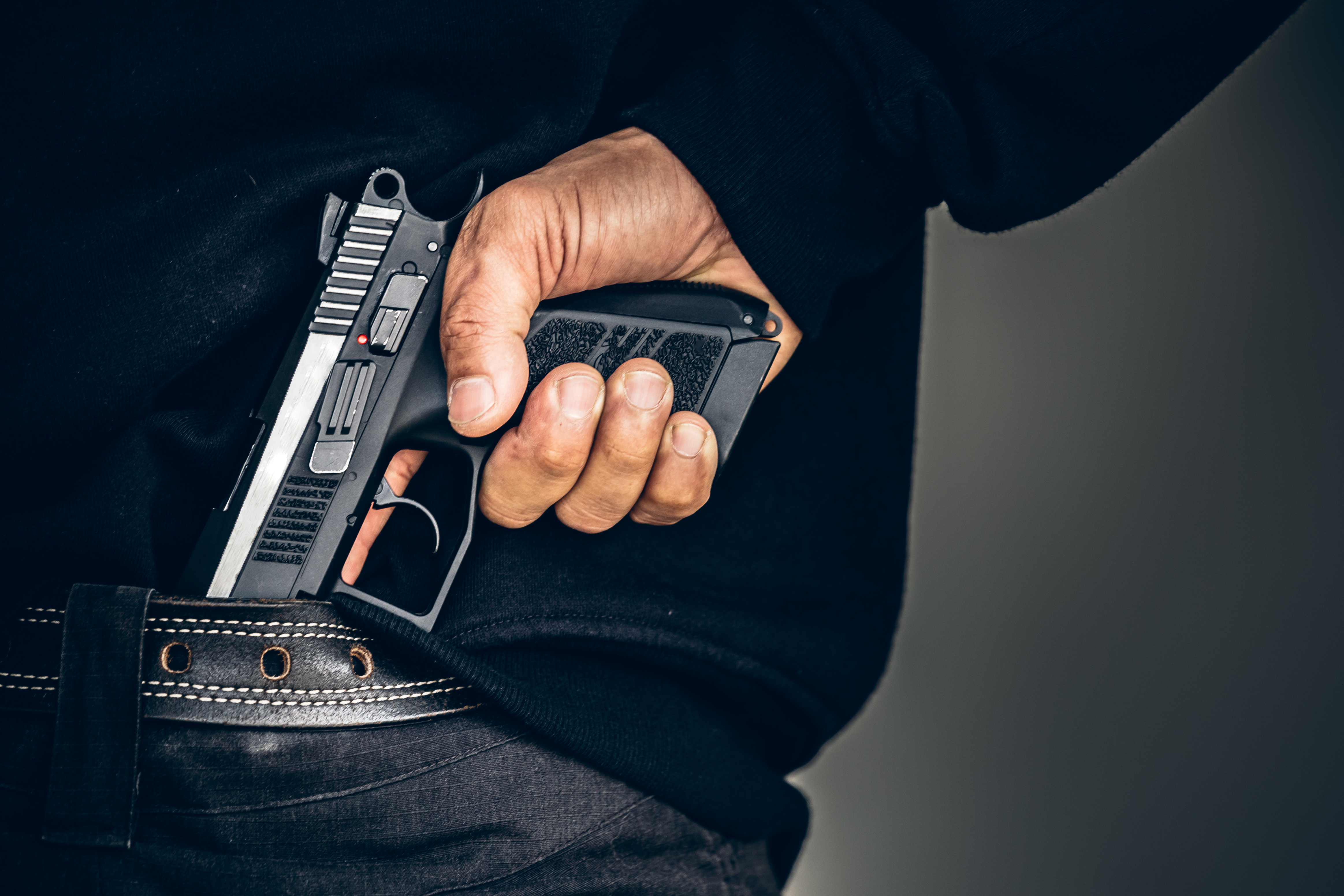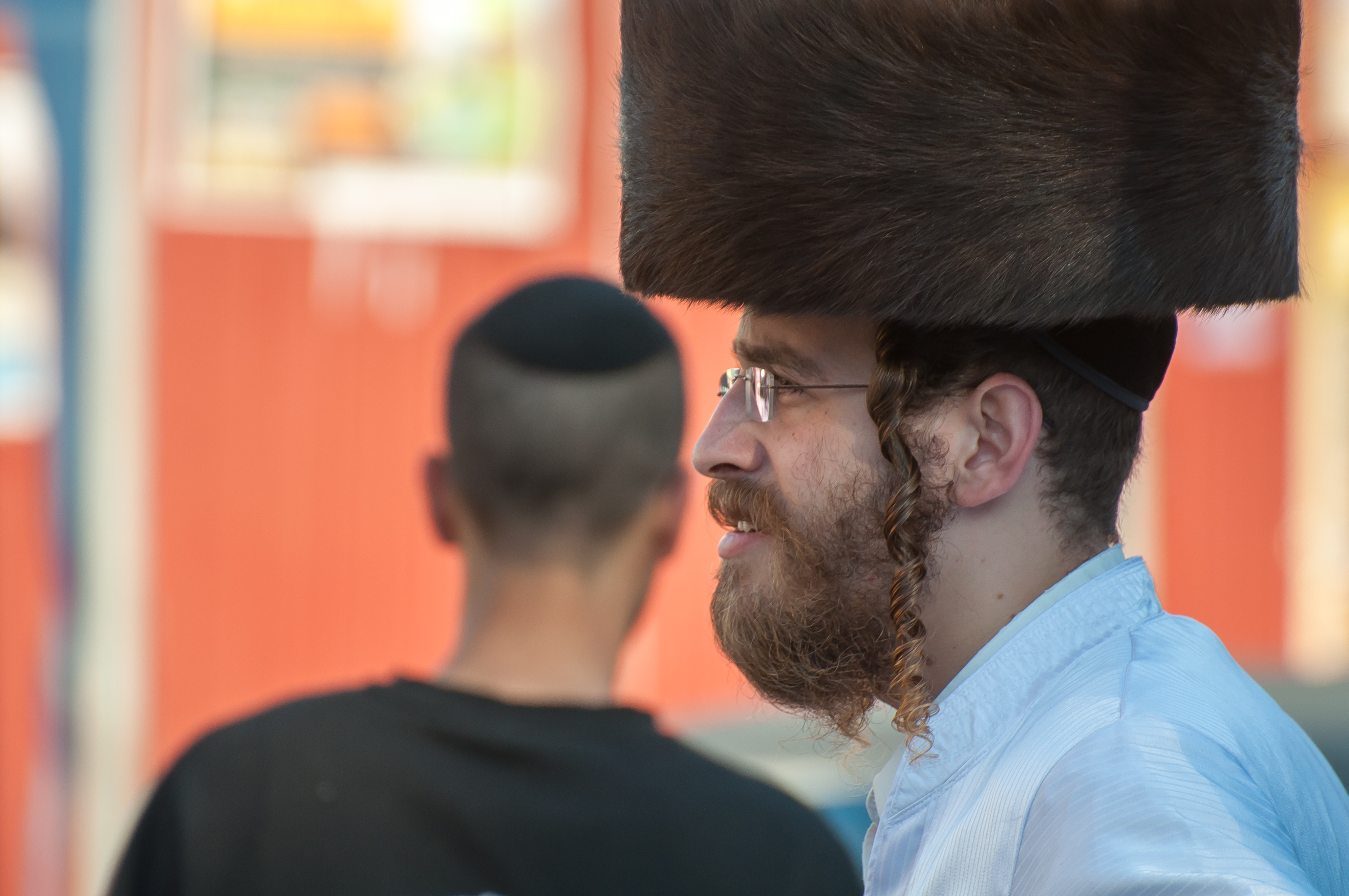The KGB Officer Who Discovered His Judaism: "When I Said I Wanted to Be Religious, My Mother Slapped Me"
Meeting Zechariah Klein from Monsey, NY, today, you'd find it hard to believe the story behind his Hasidic appearance. Former KGB officer raised to hate religion found a new path in life led by faith.
 (Photo: Shutterstock)
(Photo: Shutterstock)Meeting Zechariah Klein from Monsey, NY, today, you'd find it hard to believe the story behind his Hasidic appearance. A former KGB officer, he was not only taught to hate religion but also to fight against it vehemently.
His parents, grandparents, uncles, and cousins all faithfully served the "family business," the KGB, then known as the "State Security Committee" with far-reaching tentacles. Those familiar with its operation knew it was a complex network spying on anti-communist citizens and suppressing them ruthlessly.
As the son of a senior KGB officer, Klein was separated from his family at six and sent to a military training school established by Soviet Premier Leonid Brezhnev. He discovered this only years later. The aim was to educate and prepare children for high-ranking positions in Soviet intelligence, requiring absolute loyalty and no doubt in the regime. "There were several such schools," Klein recalls in a fascinating interview with Eric Cohen, a 'Time' magazine reporter. "I met all sorts of kids; it was a frightening environment for a six-year-old. The staff who trained us were terrifying, and I think animals were treated better than we were."
According to him, educators told them they no longer belonged to their parents but to the state, which could do with them as it pleased. "We weren't allowed to think for ourselves or do anything on our own. Everything was done with great precision—you did what you were told, when you were told."
Klein first encountered the organization's brutality when he met Peter, his eight-year-old roommate at the military boarding school. The children there hated Peter, and Klein couldn't understand why, until Peter took him to his secret place, his parents' grave, where he revealed his story.
Killed and Inherited? They Shot the Parents and Took Their Son to Serve the State
Peter's father was a successful businessman whose envious neighbor accused him falsely. The neighbor called the police, claiming he was corrupt and anti-regime. As expected, the KGB raided his home overnight, violently beat him and his wife, then led them to a certain place where they were shot dead. "Initially, I was sent to an orphanage, but then I was taken and brought here, to the military training school," Peter told the shocked Klein, who was just beginning to understand the organization's nature he served.
 (Photo: Shutterstock)
(Photo: Shutterstock)At the school, the young pupils received comprehensive education in science, mathematics, geography, history, and language and culture studies. Years passed, and eventually, Klein was recruited into the army as a 'child-soldier,' a known phenomenon in Russia of that time and today's third world countries. "Children draw less attention and often can enter sensitive areas and perform special tasks," Klein explains the 'logic' behind recruiting child soldiers.
One day, Klein was sent with his unit to the Serbian front to expel ethnic minorities—Croats and Albanians, particularly concentrated in rural areas. His task required him to shoot and even set entire villages on fire until he finally decided to defect from the army—a move that endangered his life, as one of his orders was to shoot anyone attempting desertion.
Klein revealed the trigger for his defection: "I felt this wasn't my war; it wasn't fair to shoot innocent people just because they were minorities."
Discovering Jewish Roots and the Decision That Followed
Miraculously, Klein managed to escape his unit unharmed. "They thought I went out to attack the enemy, and therefore they covered me," he explains. But once his peers realized he was tricking them to escape, gunfire erupted. When he felt a stinging sensation in his leg, he knew he had been hit by a bullet but ignored the sharp pain and continued.
In a long journey on foot, Klein headed toward the Italian border, the only country accepting refugees from former Soviet states. In Italy, he applied to reunite with his family, and in a roundabout way, they also applied for and received American citizenship.
At 15, Klein strolled the streets of Florida when he saw a Jewish man with a kippah and *tzitzit*. "I was so excited to see him," he recalls. "In Russia, we had to hide our Jewish identity, and here Jews were openly wearing *kippot* and *tzitzit* and observing mitzvot. It amazed me."
This sight left a profound impression on the young man, who had seemingly seen and experienced everything by then. He knew he couldn't ignore his feelings about this. "I approached my mother and told her what I saw. I said, 'I saw a religious Jew, and believe it or not, I want to be religious too.'"
 (Photo: Shutterstock)
(Photo: Shutterstock)But his mother, having also served the KGB for years, didn't want to believe her ears. She called her son to her, then slapped him hard and said, "You want to be a religious Jew? You're crazy? It's a death sentence, suicide. The only reason you're alive today is that we kept our Judaism a secret. You must keep this secret for life, and if you insist on being religious—not here, not in my house."
"People Take Their Yiddishkeit for Granted"
According to Klein, his mother's feeling of still being persecuted for her Judaism followed her even then—three years after leaving Russia. "The issue of Judaism was a raw nerve with my mother, and the KGB's shadow always loomed."
Then his grandmother decided to intervene. She entered the room and said unequivocally, "So what if he wants to be religious? Leave him alone," she told his mother, recalling days when Russian Jews could observe mitzvot publicly. Klein, then four, remembers his grandmother's conduct on Friday nights—closing the curtains to bless the Shabbat candles.
Thus, Klein contacted his third cousin, who had come to Florida years earlier and became close to Chabad. This cousin connected him with local families, whom he visited for Shabbat and holidays. "From time to time, I visited my mother, but avoided religious conflicts with her. I bought myself a siddur and a *kippah* which I kept in my back pocket, and began studying Judaism seriously."
Much has happened since. Klein got married, established a faithful home, and settled in Monsey. Today, his children study in Hasidic educational institutions. Had you told him in his youth this would be his future, he would have laughed uproariously. "After all the crazy things I've been through in my life, this was something I never dreamed of, it's simply a miracle. People take their *Yiddishkeit* for granted, but there are many places in the world where it's much harder to observe *mitzvot*. I wish I had those opportunities when I was younger," he says. "Instead, unfortunately, I was in military school, on the battlefield, and then on the run."

